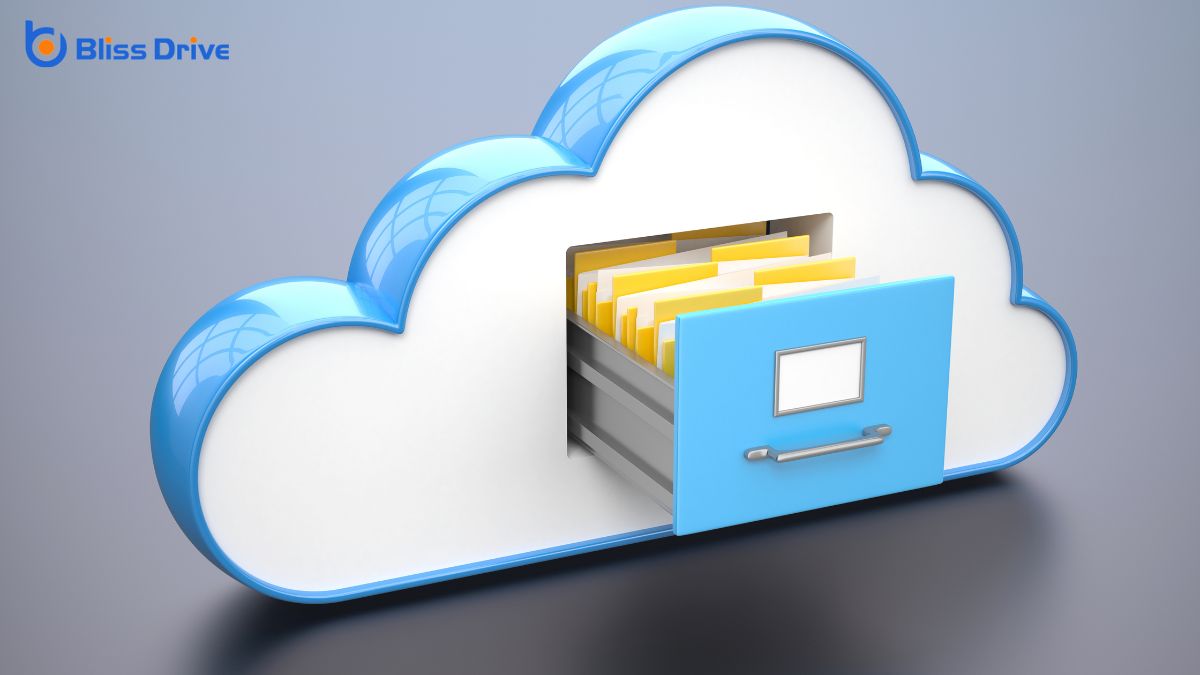Learn More About Us

When it comes to website speed, your choice of hosting can be a game-changer. Are you aware of how much server location, bandwidth, and resource allocation truly matter? These elements, alongside your choice between shared and dedicated hosting, play critical roles in ensuring quick load times. But what about CDNs and server configurations? There's more to explore in understanding how hosting decisions shape your site's performance and user experience.

While considering website performance, server location plays an essential role in how quickly your site loads for users. If your server is closer to your target audience, data travels a shorter distance, reducing load times.
This proximity means your visitors experience faster page loads, which enhances user satisfaction. You should choose a server location that aligns with your primary user base's geographic area. By doing so, you minimize latency, the delay before data begins its journey.
When it comes to website performance, bandwidth, and data transfer, limitations can greatly impact your site's speed.
Bandwidth refers to the maximum amount of data that can be transferred over your internet connection in a given time. If your hosting plan has low bandwidth, your site might slow down, especially during high-traffic periods.
Data transfer limitations cap the total data you can send from your server to users within a month. Exceeding this cap can leadA potential customer referred by an affiliate who has shown interest in the product or service but h... to additional charges or throttled speeds, affecting user experience.
To guarantee ideal performance, choose a hosting plan with adequate bandwidth and data transfer allowances for your site's needs.
Monitor your site's traffic and adjust your plan accordingly to prevent slowdowns or interruptions in service.
Understanding how hardware and server resources impact your website's speed is vital for ideal performance. The processor, RAM, and storage type on your server play significant roles in determining how quickly your site loads.
A faster processor can handle more requests simultaneously, reducing wait times for users. Sufficient RAM guarantees smooth operation, allowing your site to manage multiple tasks without slowing down.
Opt for SSDs over traditional hard drives; they're faster, offering quicker data access and improved load times. Don’t forget about server location, either. A server closer to your users reduces latency, delivering your content faster.
Monitoring your server’s health and resource usage helps you identify bottlenecks and make necessary upgrades, assuring a consistently speedy experience for your visitors.
When you're choosing between shared and dedicated hosting, consider how resource allocation affects performance.
Shared hosting means competing for resources, which can slow things down during high traffic.
On the other hand, dedicated hosting provides consistent speed and better security, giving you a stable environment.
Although the choice between shared and dedicated hosting can seem intimidating, understanding the differences in resource allocation is key to determining which option best suits your needs.
With shared hosting, you share resources like CPU, RAM, and bandwidth with other websites on the same server. This means if another site experiences high traffic, your site's performance might suffer.
On the other hand, dedicated hosting gives you full control over your server’s resources. You won't have to compete with other sites for bandwidth or processing power, resulting in more consistent performance.
While dedicated hosting typically costs more, it offers reliability and speed that shared hosting can't match.
Assess your site’s needs and budget to decide which hosting environment aligns best with your goals.
Choosing between shared and dedicated hosting isn't just about resource allocation; the impact of traffic on your site's speed plays a significant role, too.
With shared hosting, you share server resources with other websites. When traffic spikes occur, these resources are stretched thin, potentially slowing your site down. Imagine a busy highway; more cars lead to congestion and longer travel times. Similarly, your site may lag when traffic is high on shared hosting.
On the other hand, dedicated hosting provides you with an entire server, ensuring consistent speed regardless of traffic. You don't compete for bandwidth, meaning even during peak times, your site maintains its speed.
Balancing security and performance is essential when deciding between shared and dedicated hosting.
When you use shared hosting, you're sharing resources with others, which can compromise both speed and security.
Dedicated hosting offers exclusive resources, enhancing performance and security but at a higher cost.
Here's what you need to take into account:
1. Security: Shared hosting opens you to potential vulnerabilities from neighboring sites.
With dedicated hosting, you’ve got more control over security measures, reducing risks.
2. Performance: Shared hosting can lead to slower speeds during peak times due to resource sharing.
Dedicated hosting guarantees consistent performance, as resources are entirely yours.
3. Cost: Shared hosting is budget-friendly, but if performance and security are top priorities, investing in dedicated hosting may be worth it.
Choosing the right balance depends on your needs and budget.
When you utilize Content Delivery Networks (CDNs), they greatly enhance your website's speed by efficiently distributing content across a network of global servers.
By caching your website's static content closer to users, CDNs guarantee that data travels a shorter distance, reducing load times considerably. This means that whether your users are in New York or Tokyo, they experience faster access to your site's content.
You also benefit from CDNs handling traffic spikes better. By distributing the load, your website remains stable even during high-traffic periods.
Additionally, CDNs optimize bandwidth usage and reduce server load, which can save costs and improve performance.
With these advantages, CDNs are an essential tool in guaranteeing a fast, responsive website for your users, wherever they are.
You can't overlook the role of reliable DNS services in ensuring fast website performance.
DNS resolution time can greatly impact speed, so choosing servers strategically located near your users is essential.
Additionally, implementing strong DNS security measures protects your site from potential threats, keeping it running smoothly.
A reliable DNS service is essential for ensuring swift DNS resolution times, directly impacting your website's speed and user experience. When a user types your website's URL, the DNS translates it into an IP address. This process must be fast to keep visitors engaged.
Here's why reliable DNS services matter:
In short, investing in a high-quality DNS service enhances not only speed but also the overall performance and security of your website.
The location of DNS servers can greatly impact the speed and reliability of your website. When DNS servers are geographically closer to your users, they can resolve domain requests faster, reducing latency and improving user experience.
Imagine your users waiting for a distant server to respond—frustrating, right? You want DNS servers strategically positioned to minimize these delays.
Choose a hosting provider that offers a global network of DNS servers. This guarantees that wherever your users are, they’re connected to the nearest server.
Reliable DNS services are essential because they guarantee your website is always accessible and loading quickly. Don’t overlook this aspect; it’s an important part of providing a seamless experience and boosting your site’s performance.
While guaranteeing fast load times is essential, don’t underestimate the importance of robust DNS security measures. A reliable DNS service protects your site from malicious threats that can disrupt performance and compromise speed.
Consider these vital security measures:
Implementing these measures guarantees your website’s DNS service remains secure and efficient, maintaining peak speed and reliability for your visitors.
Don’t let security vulnerabilities slow you down.
When optimizing website performance, understanding how server software configurations affect speed is essential. You'll find that the way your server is configured can greatly impact your site's loading times.
Efficient configurations can streamline data processing, reduce lag, and handle more simultaneous connections. Pay attention to settings such as memory allocation, caching mechanisms, and compression techniques. For instance, enabling Gzip compression reduces file sizes, speeding up page load times.
Ensure your server runs the latest software versions, as updates often include performance enhancements.
Also, consider using a lightweight web server like Nginx, known for its speed and efficiency. By fine-tuning these configurations, you can boost your site's responsiveness.

Having optimized your server configurations for speed, it's time to reflect on how your choice of hosting plan plays a role in performance.
The right plan can greatly influence your website's speed and reliability. To evaluate hosting plans effectively, consider these factors:
Choosing the right hosting is essential for your website's speed and performance. Make certain servers are close to your target audience to minimize latency. Opt for adequate bandwidth and consider the difference between shared and dedicated hosting for consistent resources. Leverage CDNs and optimize server configurations for faster load times. Don't forget the importance of a reliable DNS. By evaluating hosting plans wisely, you can guarantee a smoother, faster experience for your users.
